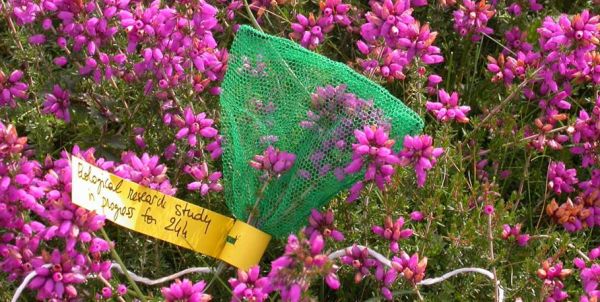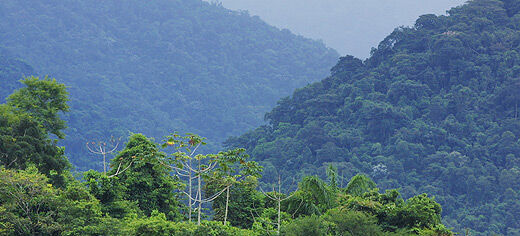
Improving rainfall and flooding predictions
The University of Leeds is a partner in a new research project to improve our understanding of rainfall and flood predictions in Scotland.

The University of Leeds is a partner in a new research project to improve our understanding of rainfall and flood predictions in Scotland.

The first Britain-wide assessment of the value of wild flowers as food for pollinators shows that decreasing resources mirror the decline of pollinating insects.

An international team of scientists has shed new light on the earthquake that devastated Nepal in April 2015, killing more than 8,000 people.

A new study may have resolved a fundamental question concerning the development of Earth as a planet on which animals could flourish: what came first, increasing levels of oxygen or complex animals?
Scientists and world leaders are convening in Paris to tackle climate change, and the University of Leeds is well represented at the talks, offering a wealth of expertise in climate change science.

The role volcanic activity played in mass extinction in the Earth’s early history is likely to have been much less severe than previously thought, according to a study led by the University of Leeds.

A new Government-backed code has been launched that could slash UK carbon dioxide emissions by 220 million tonnes and protect rare wildlife by restoring moors, bogs and mires.

More than half of all tree species in the world’s most diverse forest – the Amazon – may be globally threatened, according to a new study.

Researchers report that continued deforestation of the Amazon rainforest could diminish rainfall levels in the Amazon River basin, which may impact the region’s climate, ecosystems and economies.

A UK government-funded initiative will put £20 million behind research to better understand Africa’s changing climate and the use of climate change information in decision-making across the continent.